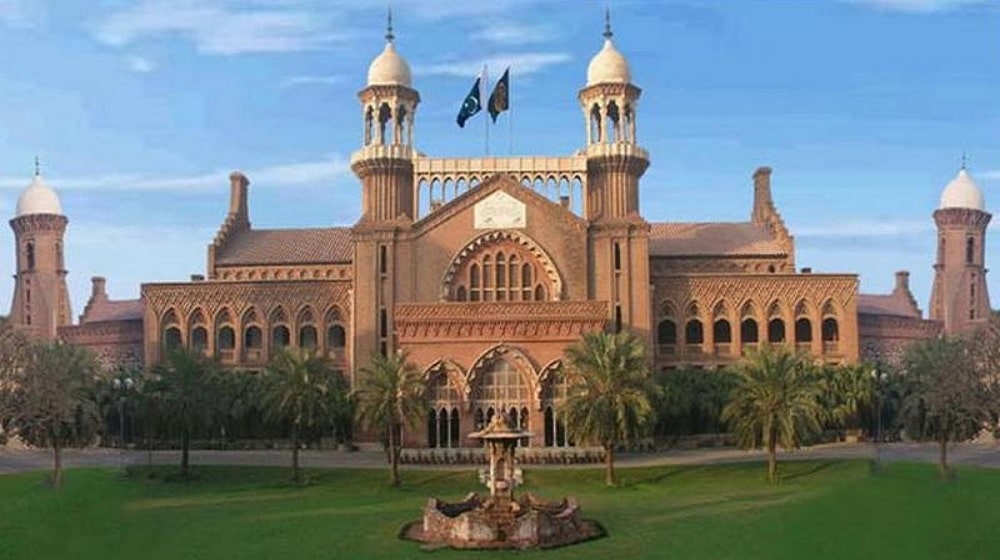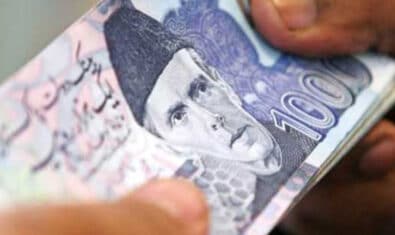In a landmark judgment, the Lahore High Court (LHC) has declared that tax can be legally imposed on foreign assets of resident individuals under section 8(2)(b) of the Finance Act, 2022.
The LHC has issued a detailed judgment in this regard. According to the order, section 8(2)(b) of the Finance Act, 2022 is valid, constitutional, and intra vires. No fault is found in the exercise of legislative powers by the Parliament under entry 50 of the Federal Legislative list, which matter is within the competence of Parliament in terms of Article 142(a) of the Constitution of Pakistan. For the reasons provided in the preceding paragraphs, all listed petitions are dismissed being devoid of any substance.
The petitioner’s arguments that no taxes could be imposed on foreign assets in respect whereof declarations were made under the amnesty schemes offered by the federal government is self-defeating.
LHC order stated that “the nature, object and base of the tax on capital value of assets is the resident individual, hence, no question of conflict of law(s) otherwise arises. Tax on the capital value of assets cannot be construed as a municipal tax, which is otherwise applicable on the foreign immovable properties”.
The petitioners challenged the constitutionality of Section 8(2)(b) of the Finance Act, 2022 on two counts; firstly, that the law legislated, whereby it had allegedly taxed the foreign assets of the petitioners, is not within the territorial grasp of the Parliament; and secondly, the absence of legislative competence, because the matter of taxing immovable property exclusively falls within the legislative domain of the provincial legislature(s). The parliament lacks authority to tax assets located outside the territorial limits of Pakistan, which limits are defined under Articles 1(2) and 141 of the Constitution.
LHC order said that the tax is levied on the value of the assets, which assets were identified as foreign assets of a resident person. Applying the rule of pith and substance’ manifestly tax levied is ‘in relation to the capital value of the assets’, which cannot be equated with levy on corpus of immovable property.
There is no ambiguity is found in the words/ phrases employed in entry 50. Entry 50, read disjunctively, comprised two separate parts, each of which part describes/ caters to a distinct and separate class/ category of taxes; the first half of entry 50 provisioned for the authority to tax on the capital value of the assets, and latter half provided for taxes on the immovable property, which category of taxes is excluded from the legislative domain of the Parliament, LHC said.
The petitioners have misconstrued the definition of taxation in Article 260 of the Constitution, which needs to be given effect in the context of the category of taxes, to be levied by the Parliament of Provincial legislature(s) in accordance with the scope of legislative competence conferred.
The LHC observed that in pith and substance, the tax on capital value tax of foreign assets is not a tax on immovable property, but for all intent and purposes subject(s) of the tax in question are the resident individual(s), as defined under section 13(f) of Act, 2022.
“Undisputedly, Provincial legislature(s) are competent to tax the immovable properties – situated within their respective territories, irrespective of the residence/domicile of the owner, who might not be residing within the territorial limits of the Province where the property is situated – for instance, immovable property located in the city of Lahore is taxed under the provisions of Punjab Urban Immovable Property Tax Act 1958, which tax is imposed on the property and bears no nexus with the residence of the owner, who might be residing in Islamabad or Karachi.
Provinces cannot impose a tax on the capital value of assets, assessed on the aggregated capital value of the assets held by a resident individual, which might include assets outside the territorial limits of the province(s) – for instance, various properties simultaneously located in different cities of Lahore, Karachi, Peshawar, Quetta.
LHC order stated that in the wake of the character of the tax, only the Parliament could make laws for the imposition of tax on the aggregated capital value of assets – foreign assets are the subject matter of challenge through these petitions. Tax on the capital value of assets cannot be construed as a municipal tax, which is otherwise applicable on foreign immovable properties in terms of the ‘Law of Situs’.
Parliament has variously drafted laws having extra-territorial operations and enforcement thereof are hardly questioned by the domestic courts. The tax in question is not on non-citizens but on defined resident individuals.
LHC order said that before the eighteenth amendment taxes on capital gains on immovable properties were excluded from entry 50, and after the amendment, the expression “on capital gains” was omitted, however, exclusion to the extent of immovable property was retained.
Another misconceived argument is that since foreign assets are domiciled in the foreign territory, which are subject to municipal taxes under said jurisdiction, there is no connection/proximity to tax those and unless such connection/proximity is established, Parliament cannot subject the foreign assets liable to tax, LHC order added.





















